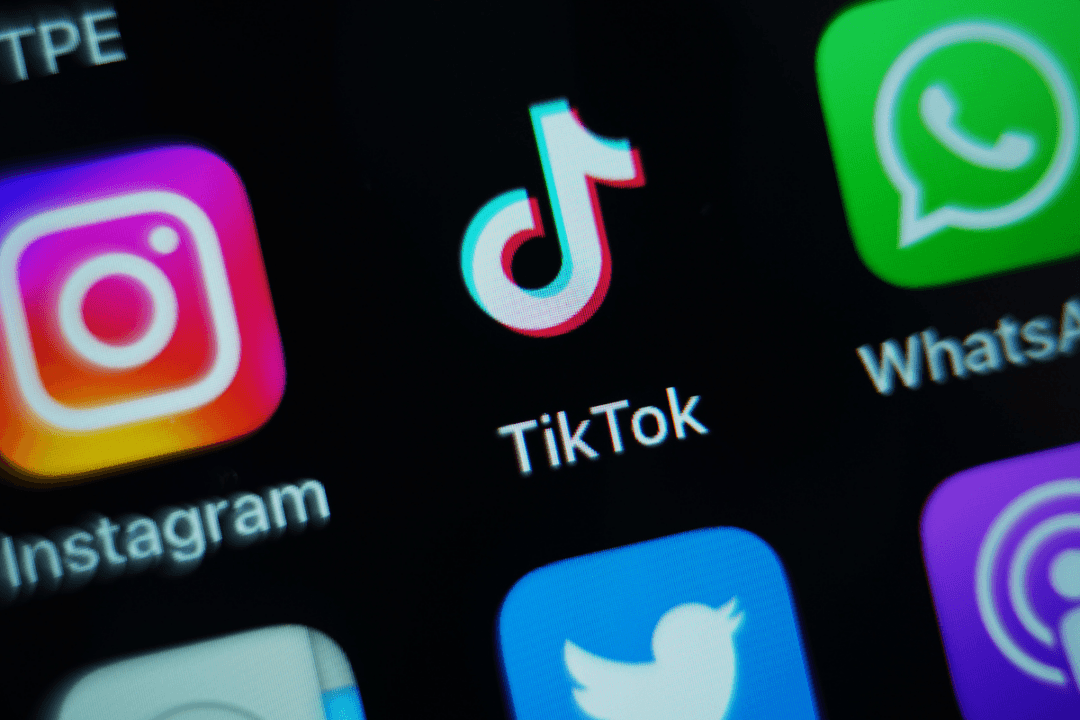A bipartisan bill that would instruct public schools in California to develop policies to reduce students’ use of smartphones during the school day passed the state Assembly May 23.
Assembly Bill 3216—introduced by Republican Assemblyman Josh Hoover and co-authored by Democratic Assemblymen Al Muratsuchi and Josh Lowenthal—would order the governing bodies of school districts and charter schools to create such policies by July 1, 2026, and update the rules every five years, to limit or prohibit student access to smartphones while on school grounds. The bill was passed 69–0.





